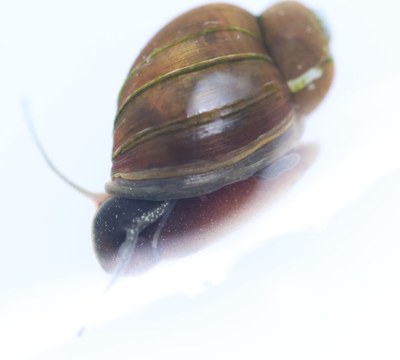KU Leuven Research Warns of Rising Schistosomiasis Risk Due to Climate Change in Southern Europe
Schistosomiasis is a tropical disease caused by parasitic flatworms that are transmitted by freshwater snails (including Bulinus truncatus ). After malaria, it is the most common infectious disease, with more than 200 million infections worldwide. People become infected by bathing or swimming in contaminated freshwaters such as rivers, ponds and lakes. Typical symptoms of the disease are skin rash, anaemia, severe abdominal pain and blood in the urine or stool, but if left untreated the disease can also lead to infertility, bladder cancer, liver fibrosis, or growth and learning disabilities in young children.
Due to climate change, more and more tropical infectious diseases are coming to Europe. For example, schistosomiasis has been present on the French island of Corsica since 2013 and more recently also in the Spanish Almeria, but we are still in the dark about its possible further spread.
Snail as a guideline
Because the parasitic flatworms that cause schistosomiasis need the freshwater snail as a host, biologists from KU Leuven, the Africa Museum and the University of Copenhagen investigated the maximum and minimum temperatures in which they can survive. “We found that the snails can easily adapt to new conditions and can therefore easily colonize new areas such as Europe,” says researcher Tim Maes from KU Leuven.
These data were combined with models that predict the European climate in the coming century to estimate the future spread of the snail. This shows that the climate in large parts of Spain, Portugal, France, Italy and Greece will be suitable for the freshwater snails to survive in the course of the century. “Previous research has already shown that the parasite itself is able to survive in a temperate climate, but you need the snail, the parasite and the human to complete the infection circle. Travellers who bring the parasite from Africa to Europe do not pose a problem in itself, but due to climate change, the three elements will be able to thrive in the European climate and the infection can spread further,” explains Tine Huyse of KU Leuven and the Africa Museum.
Alertness among travelers and physicians
“In Belgium itself, we do not expect the snails to survive for the time being, but returning holidaymakers are more alert to the symptoms,” says Maes. “It is also not always easy for GPs to make the link with schistosomiasis if tourists have not travelled outside Europe, with all the consequences that entails,” concludes Huyse.

